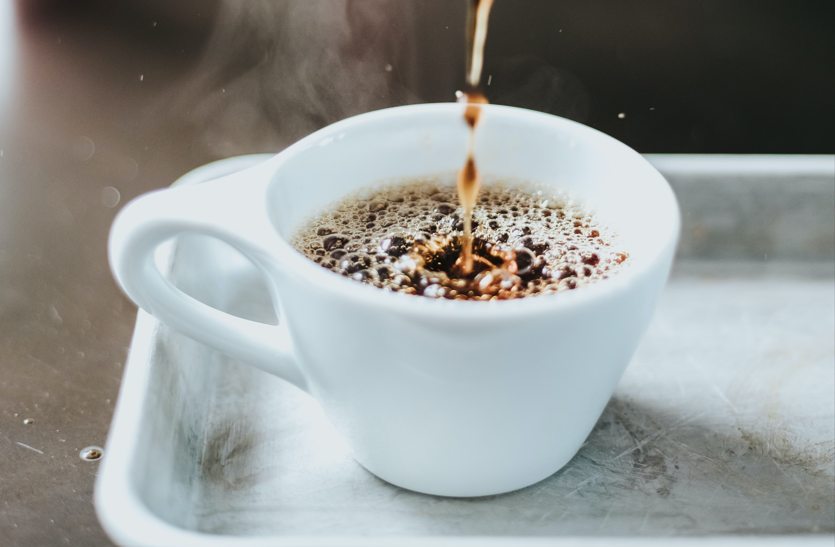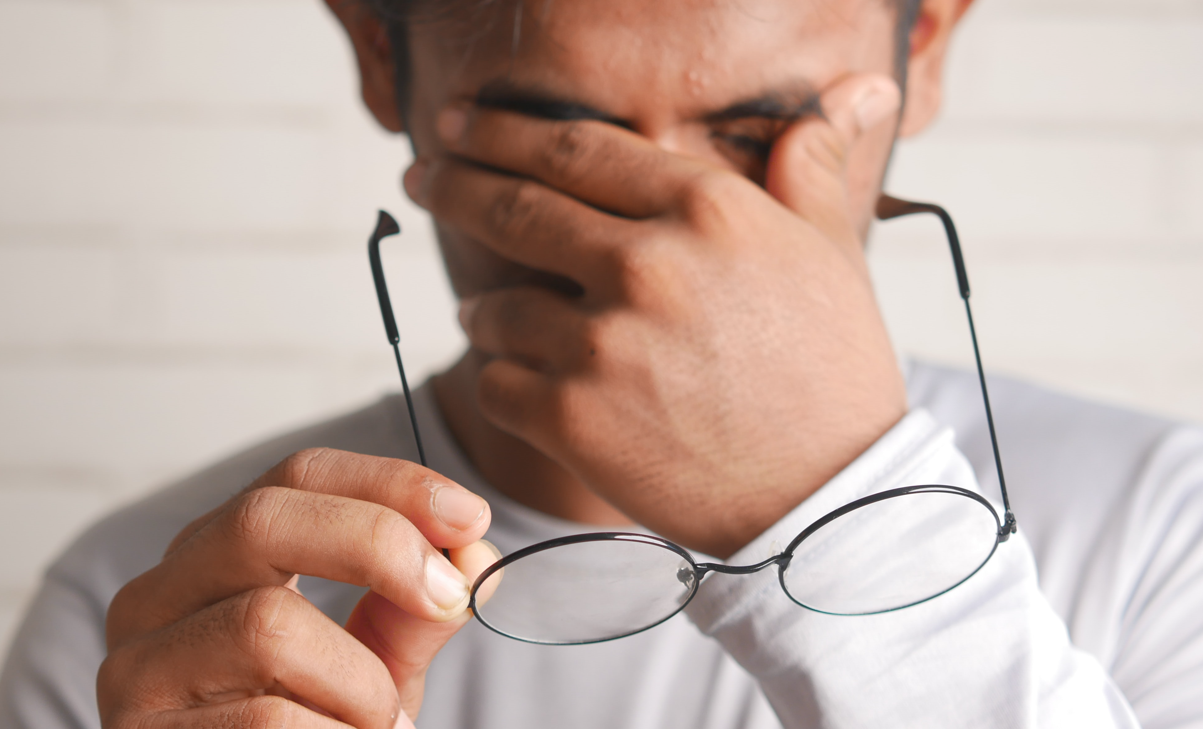As we get older, our sleep patterns shift—but that doesn’t mean you have to go through life feeling fatigued
By Wendy Haaf
Teresa Pitman, 65, had always been a good sleeper; in fact, falling asleep almost at will was one of her superpowers. Several years ago, after driving to Peterborough, Ont., from her home in Guelph to give an evening talk, she told her friend and co-author she was going to nap for an hour, and then did exactly that.
Now, however, Pitman says, “I have a lot of nights when I go to bed and just lie there. I toss and turn, my brain is racing, and I have such a hard time falling asleep.”
Dr. Samir Sinha, the director of geriatrics at Mount Sinai and University Health Network hospitals in Toronto, says he hears countless similar stories when he’s with older friends. “Everyone wants to know, ‘What’s Dr. Sinha’s recipe for sleep?’” he says with a chuckle.
Sinha says the first thing he tells people is that they’re going to get frustrated if they expect to sleep as soundly in their 60s and 70s as they did in their 20s and 30s, because our sleep patterns change naturally with age.
Adulthood
“Most data suggests that after we hit adulthood, our need for sleep stays about the same, but we become less efficient sleepers with each passing decade,” says Dr. Elliott K. Lee, a sleep specialist at the Royal Ottawa Mental Health Centre. “All the mechanisms that control sleep architecture and circadian rhythm become less robust as we get older.”
For instance, while our sleep cycles remain 90 minutes long, we spend less of that period in restorative REM slumber. “We don’t achieve as much deep sleep as we used to, so our sleep is more easily interrupted,” Sinha says. “We can be more easily awoken by a little noise.”
Those interruptions eat away at the quality of our sleep. Most people know they need seven to nine hours of shut-eye at night, but “if the quality isn’t good, the quantity doesn’t matter,” Lee points out.
He says it’s like studying for an exam: if, instead of spending eight hours in a quiet room with all of the reading materials you need, you’re interrupted every few minutes by someone barging into the room to ask a question, your performance on the test is going to suffer.
Fighting the body’s natural sleep
Another thing that can sabotage our sleep is fighting the body’s natural sleep and wake rhythm, which also changes as the years pass. “We all have a little clock in our head that tells us when to go to sleep and when to wake up,” Lee explains. “For most people, that clock says to go to bed at 11 p.m. and wake up at 7 a.m.”
As we get older, that clock resets and our sleep window starts to slide into an earlier slot; if we fight it, “sometimes that causes problems,” Lee says. “Everyone has a unique rhythm and sleep window, so it’s important to find out what that individual internal rhythm is.” He likens it to hitting a tennis ball: it works best when you use the centre of the racket rather than the edge.
“The further you are outside that window, the less efficient your sleep will be. You can still do it, but it becomes more difficult.”
Lee says the easiest way to find your rhythm is to go on vacation for at least a couple of weeks—go to bed when you’re sleepy and wake up when you feel like it, avoiding environmental cues such as work and alarm clocks that can disrupt your sleep schedule. When Teresa Pitman tried that, she learned that her natural waking time is about an hour and a half later than she normally has to get up for work. And when circumstances allow her to listen to her body, “I go to sleep more easily,” she observes.
Practical Solutions
There’s a lot you can do to improve your sleep quality.
If you have any chronic medical conditions or take medications, the first order of business is to figure out if any of them could be affecting your sleep. For example, perhaps even though your arthritis may not bother you much during the day, your joints feel stiff and achy when you’re lying in bed. Taking a dose of pain medication before you hit the hay may help.
“Often there are little adjustments we can make to better treat chronic conditions, especially respiratory and cardiac conditions, and thereby help people to pursue a better sleep,” Sinha says.
Similarly, if you’re struggling with symptoms of depression or anxiety, starting treatment for these conditions may put you on the path to getting more rest at night.
Taking stock of any medications— prescription and non-prescription—that you’re taking regularly can also turn up some suspects. “A lot of medications have insomnia as a side effect,” Sinha says.
For instance, some over-the-counter cold and allergy remedies “contain the decongestant pseudoephedrine, which is very counterproductive to sleep,” Lee says. In pills containing codeine, caffeine is added to counter the opioid’s sedative effects. Other drugs can cause side effects that interfere with sleep in other ways: for instance, by increasing nighttime urine output. And while a nightcap may relax you and make you drop off quickly, “alcohol can cause really poor, interrupted sleep,” Sinha explains.
A number of lifestyle habits can help you achieve better sleep. No doubt you’re already familiar with some of these so-called sleep hygiene measures, and perhaps you’re even rolling your eyes because you’ve tried a few of them without great success or you used to be a good sleeper despite flouting them.
Earlier in his career, Sinha himself didn’t think the advice he was giving patients applied to him. “I was invincible—I could sleep through anything,” he recalls. Then he hit his 40s. “Now I really have to be quite conscientious.”
Consistency is key, as is adopting not just one or two sleep hygiene habits. “Any little thing may not help in and of itself, but the cumulative effect of multiple things can have a really significant impact,” Lee stresses.
To begin with, adhering to a regular sleep schedule helps optimize the functioning of your internal clock, but if you have to choose between a set bedtime and a strict wake-up time, focus on the latter. “The most important thing about sleep hygiene is to try to wake up at the same time every day,” Lee explains.
A relaxing bedtime routine and avoiding screens within two hours of retiring also play a role in supporting healthy sleep.
The former is a cue for your body to start slowing down, while the latter reduces or even eliminates what Lee calls a twofold attack on sleep: “Light from screens has been shown to prevent the production of melatonin, which is normally needed in our brain to initiate and facilitate sleep,” he explains. In addition, activities such as checking messages, playing games on your phone, and watching Netflix are mentally stimulating and thus throw off our internal timepiece.
Your sleep environment is also important. Experts advise keeping your bedroom dark, “because that sends a signal to your brain that you probably should be sleeping,” Sinha says.
Setting the thermostat to a relatively cool temperature—around 19ºC, or 66ºF—makes it less likely that you’ll awake because you’re too hot or too cold. Banishing clocks, or at least turning them so you can’t see the display, takes away the temptation to keep checking the time and calculating how many hours of sleep you’re likely to get. “The more you think about your sleep, the worse your sleep is,” Lee explains. The belief that you won’t be able to function after a bad night’s sleep or that you must get at least eight hours (neither is true) is similarly counterproductive.
“It’s okay not to sleep well on some nights,” Lee says.
Training your brain to connect your bed only with sleep and intimacy can also prevent such mental chatter. “We don’t want to condition ourselves to associate the bed with wakefulness,” Lee says. “If you’re awake for more than 20 minutes, get up and do something else, then return to bed when you’re sleepy.”
Limiting the time you spend in bed falls into this category, too. Hitting the sheets before you’re drowsy or resolutely staying put if you wake up early can also cause problems.
Lee says it’s pointless to “spend 10 hours in bed trying to get that eight hours.”
If you’re among those who have trouble falling asleep because their minds start racing after their heads hit the pillow, sleep experts recommend sitting down every evening at around 7:30 p.m. and writing down any worries, tasks you need to remember to do, and thoughts that typically keep you tossing and turning at night in a notebook or a computer file; then tell yourself that if anything else comes to mind, you can wait until the following day’s session to consign it to your journal.
What you do earlier in the day can also strongly influence how well you sleep. Staying mentally and physically active throughout the day and spending time in sunlight can make your biological chronometer hum along more smoothly. Naps are a no-no because they reduce “sleep pressure” (the drive to sleep that builds up during our waking hours) in much the same way that snacking between meals blunts appetite.
Coffee, tea, cola, and other sources of caffeine can have a more negative effect on sleep than many people think, too.
“A big mistake people make with caffeine is that they think it causes problems only falling asleep,” Lee explains, “but it can really give people problems staying asleep.” The stimulant lingers in the body for some time: while everyone is different, on average, the amount in our system falls by half every four hours. For those who are especially sensitive to its effects, even a single cup of java first thing in the morning can disrupt sleep.
What About Pills?
While it may be tempting to take a pill to help you fall asleep, there are a couple of good reasons for avoiding most supposed sleep aids, both prescription and over-the-counter.
First, anti-anxiety medications such as Valium and Ativan,
Z-drugs (zopiclone and its ilk), non-prescription products marketed as sleep remedies (which rely on older-generation sedating antihistamines), and even Gravol aren’t that effective at inducing or maintaining sleep. Furthermore, they share traits that make them potentially dangerous, particularly for those in their 60s or older—as we age, our bodies become increasingly less efficient at metabolizing medications, increasing the chances for side effects.
“One of the challenges with some of these medications is that even though you awake in the morning, they may not wear off,” Sinha says; this can pose a risk for falls, motor vehicle collisions, and other mishaps. Furthermore, “prolonged use may increase your risk for developing dementia,” he adds.
(If you’ve been taking a sleep medication long-term, don’t stop cold turkey, which can trigger terrible rebound insomnia and other distressing side effects. Ask your pharmacist or physician how to wean yourself off gradually, or check out the sample tapering program available at sinaigeriatrics.ca (search for “sedative-hypnotic”).
A product that does appear to be safe is melatonin, an external source of the hormone the body naturally makes to induce sleep. While melatonin has been found most effective for resetting a too-late sleep window and for reducing jet lag, “I have lots of patients who say it works for them,” Sinha observes. It should be taken roughly two hours before bedtime.
For persistent insomnia that’s not related to any physical or mental condition, the gold standard treatment is a specialized form of cognitive-behavioural therapy known as CBT-I, which involves incorporating sleep hygiene measures into your routine in a structured way. (You can learn more here: sleeponitcanada.ca.)
If you’ve faithfully followed these principles for some time and lack of sleep is still affecting your daytime functioning or you start developing symptoms of anxiety or depression, “then it’s probably time to seek further evaluation, ideally from a sleep specialist,” Lee says. (Due to short supply, wait times for a consultation can be long.)
However, only a small minority of people need to go on to this step to get relief.
In fact, Sinha says, many of his patients turn the corner after simply learning about how sleep changes with age. “They say, ‘So it’s normal for my sleep to not be as great? Thank you. I’m normal; there’s nothing wrong with me.’ Most of them are happy with just that information.”
Photo by Jason Blackeye on Unsplash






